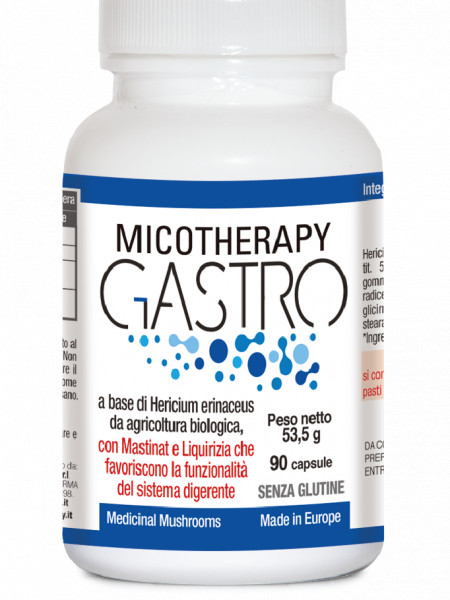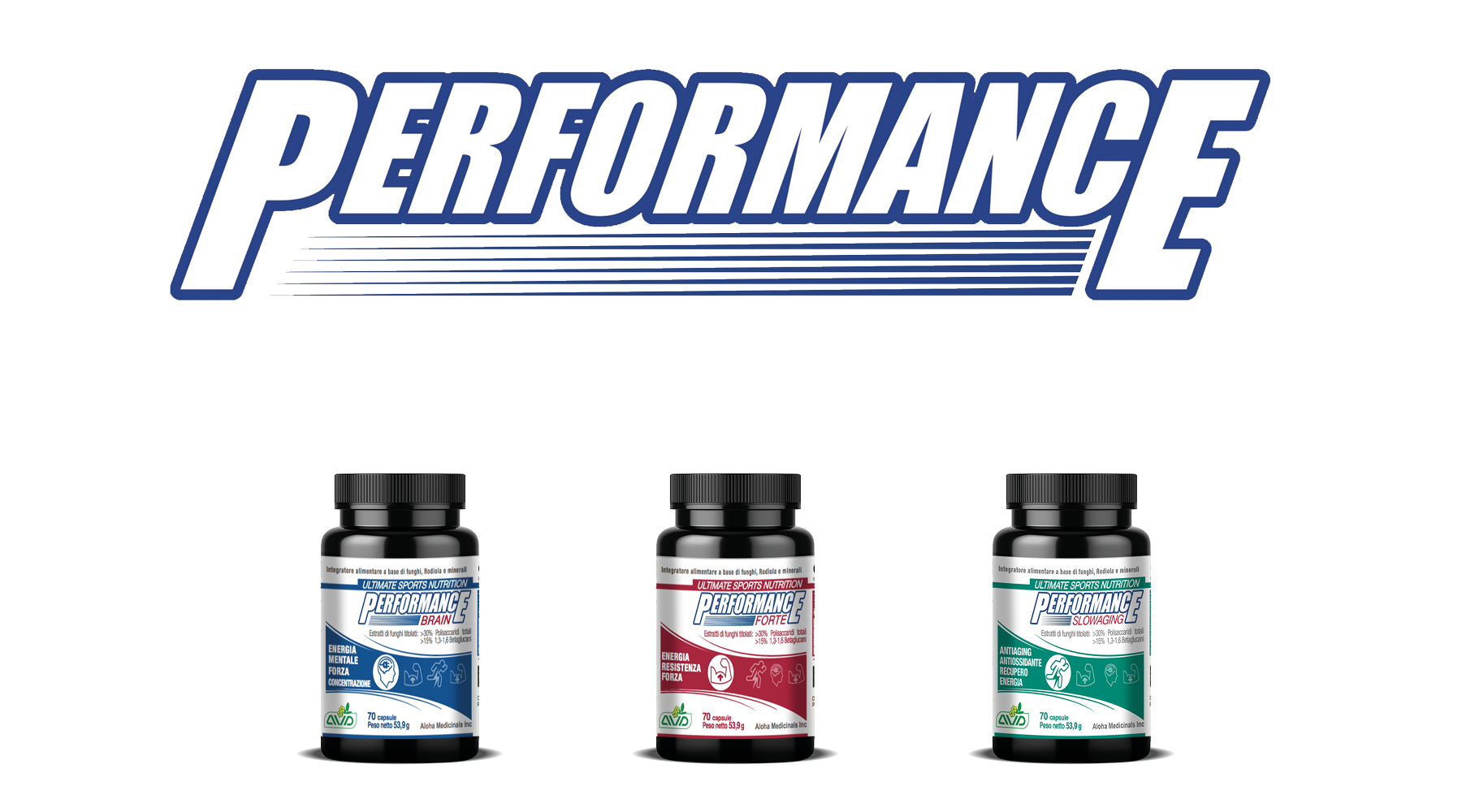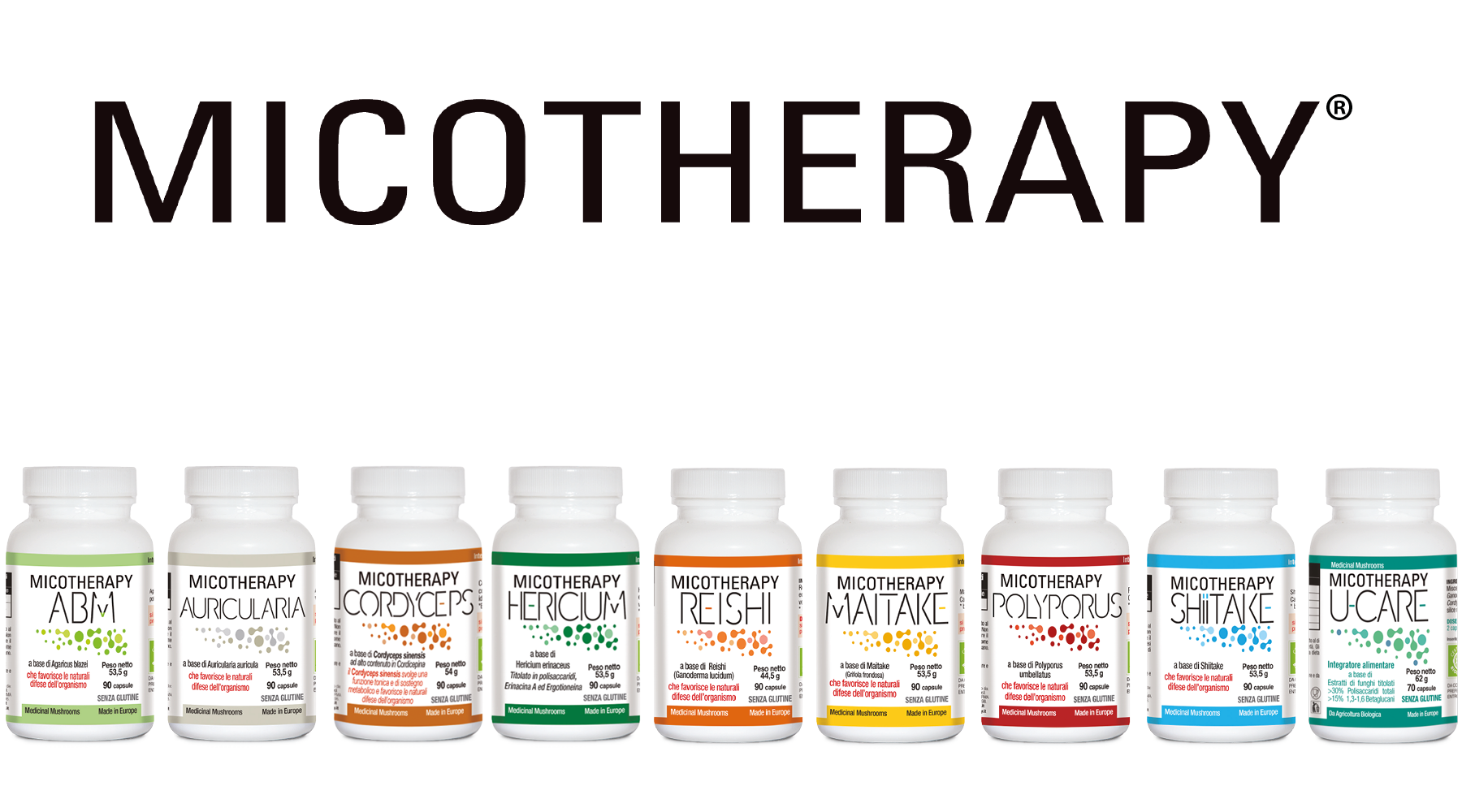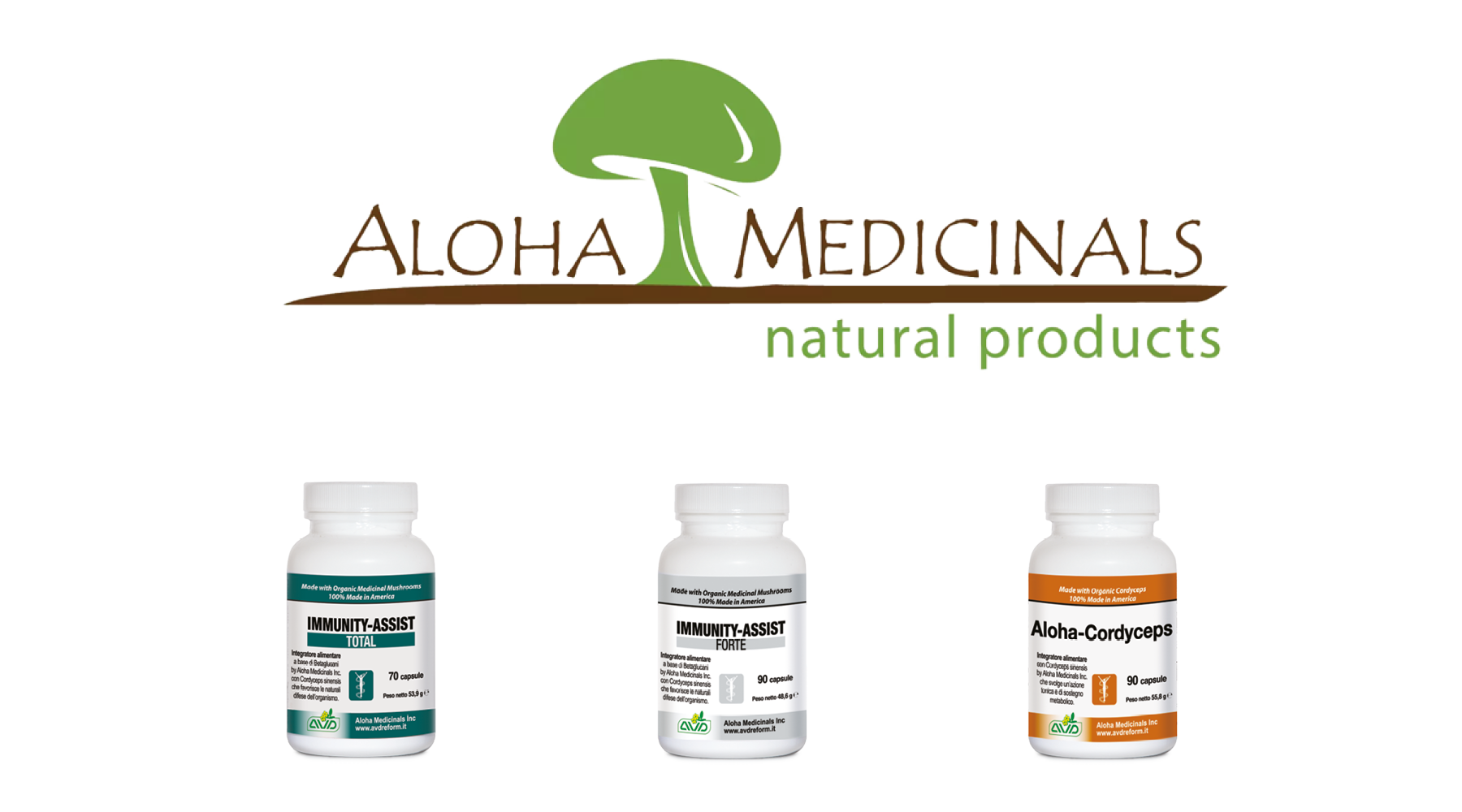
Micotherapy Gastro
Micotherapy GASTRO è un integratore che sfrutta la sinergia di Hericium erinaceus estratto secco e fungo intero, di origine biologica, con estratto di Pistacia lentiscus e di Glycirriza glabra, appositamente studiato per favorire il recupero della normale fuonzionalità gastrica in caso di gastrite e reflusso, difficoltà digestive, infiammazione della mucosa gastrica, dispepsie e pirosi
Formato
90 capsule
Mdo d'uso
2 capsule 2 volte al giorno, prima dei pasti principali
Proprietà
Micotherapy GASTRO è un integratore che grazie all’azione di Hericium erinaceus, tradizionalmente utilizzato come cicatrizzante, favorisce la riduzione dell’infiammazione gastrica, proteggendo lo stomaco dall’azione di sostanze irritative che causano pirosi. L'estratto di G. glabra grazie alle saponine e alla glicirrizina, favorisce il controllo di dolori spasmodici caratteristici della gastrite cronica e la produzione di muco protettivo nello stomaco. L’estratto di P. lentiscus, o mastice di Chios, plus del prodotto, favorisce la riduzione dell’infiammazione, controllando l’eccesso di Ossido nitrico e di citochine infiammatorie, come IL-6 e TNF-α, velocizzando la fase di recupero e il recupero delle normali funzioni digestive
Effetti principali
Utile per l’apparato digerente, favorisce i processi digestivi Contasta l’eccessiva acidità gastrica e il reflusso gastroesofageo
Informazioni nutrizionali
| Componenti |
Per dosaggio giornaliero |
|---|---|
| Hericium erinaceus sporophorum | 800 mg |
| Pistacia lentiscus estr. secco | 520 mg |
| Liquirizia DGL estr. secco | 450 mg |
| Apporto max acido glicirrizico | 9 mg |
| Hericium erinaceus estr. secco | 200 mg |
| Apporto in polisaccaridi | 100 mg |
Reperibilità prodotto
Codice parafarmaco: A923579231
Inserito nel registro degli integratori n°: codice 62494
Note:
Mahmood Ameen Abdulla et al.,. Effect of Culinary-Medicinal Lion’s Mane Mushroom, Hericium erinaceus (Bull.: Fr.) Pers. (Aphyllophoromycetideae), on Ethanol-Induced Gastric Ulcers in Rats. Int.J. Med.Mushr. 2008, Volume 10 / Issue 4
Mao X, Lu ZM, Gong TT, Wang KL, Geng Y, Xu HY, Xu GH, Shi JS, Xu ZH. Therapeutic Effect and Potential Mechanisms of Lion’s Mane Medicinal Mushroom, Hericium erinaceus (Agaricomycetes), Mycelia in Submerged Culture on Ethanol-Induced Chronic Gastric Injury. Int J Med Mushrooms. 2019;21(11):1137-1150.
Mizuno, T. ed., 1995. “Mushrooms: The versatile fungus- food and medicinal properties.” Food Reviews International, vol. 11, no. 1. Marcel Dekker, Inc., New York
Mizuno, T., T. Waa, H. Ito, C. Suzuki, N. Ukai, 1992. “Antitumor-active polysaccharides isolated from the fruitbody of Hericium erinaceum, an edible and medicinal mushroom called yamabushitake or houtou.” Biosci. Biotech. Biochem. Feb; 56(2): 347-8
Wang G, Zhang X, Maier SE, Zhang L, Maier RJ. In Vitro and In Vivo Inhibition of Helicobacter pylori by Ethanolic Extracts of Lion’s Mane Medicinal Mushroom, Hericium erinaceus (Agaricomycetes). .Int J Med Mushrooms. 2019;21(1):1-11.
Wang XY, Yin JY, Zhao MM, Liu SY, Nie SP, Xie. Gastroprotective activity of polysaccharide from Hericium erinaceus against ethanol-induced gastric mucosal lesion and pylorus ligation-induced gastric ulcer, and its antioxidant activities. Carbohydr Polym. 2018 Apr 15;186:100-109.
Yang Y, Zhao C, Diao M, Zhong S, Sun M, Sun B, Ye H, Zhang T. The Prebiotic Activity of Simulated Gastric and Intestinal Digesta of Polysaccharides from the Hericium erinaceus. Molecules. 2018 Nov 30;23(12):3158.
Yang Yan, Yan Huifang, Lu Hongqi, Tang Qingjiu, Zhou Changyan,Bai Yunqin. A Study on the Protective Effect of Hericium erinaceus Extractions on the Stomachal Mucosa of the Rat. Acta Edulis Fungi 1999
Al-Habbal MJ, Al-Habbal Z, Huwez FU. A double-blind controlled clinical trial of mastic and placebo in the treatment of duodenal ulcer. J Clin Exp Pharm Physiol 1984;11:541-4.
Al-Said MS, Ageel AM, Parmar NS, Tariq M. Evaluation of mastic, a crude drug obtained from Pistacia lentiscus for gastric and duodenal anti- ulcer activity. J Ethnopharmacol 1986;15:271-8. 4.
Attoub S, Karam SM, Nemmar A, Arafat K, John A, Al-Dhaheri W, Al Sultan MA, Raza H. Short-term effects of oral administration of Pistacia lentiscus oil on tissue-specific toxicity and drug metabolizing enzymes in mice. Cell Physiol Biochem. 2014;33(5):1400-10.
Boutemine IM, Amri M, Amir ZC, Fitting C, Mecherara-Idjeri S, Layaida K, Sennoun N, Berkane S, Cavaillon JM, Touil-Boukoffa C. Gastro-protective, therapeutic and anti-inflammatory activities of Pistacia lentiscus L. fatty oil against ethanol-induced gastric ulcers in rats. .J Ethnopharmacol. 2018 Oct 5;224:273-282
Dabos KJ, Sfika E, Vlatta LJ, Giannikopoulos G. The effect of mastic gum on Helicobacter pylori: a randomized pilot study. Phytomedicine. 2010 Mar;17(3-4):296-9. Epub 2009 Oct 29.
Dimas SK, Pantazis P, Ramanujam R. Review: Chios Mastic Gum: A Plant-produced Resin Exhibiting Numerous Diverse Pharmaceutical and Biomedical Properties. In Vivo SeptemberOctober 2012 26 (5) 777-785.
Huwez FU, Al-Habbal MJ. Mastic in treatment of benign gastric ulcers. Gastroenterol Japon 1986;21:273-4.
Konstantinos J KJ Dabos, Ekaterini E Sfika, Lisa J LJ Vlatta, Despoina D Frantzi, Georgios I GI Amygdalos, Georgios G Giannikopoulos. Is Chios mastic gum effective in the treatment of functional dyspepsia? A prospective randomised double-blind placebo controlled trial. J Ethnopharmacol 127(2):5 (2010)
Miyamoto T, Okimoto T, Kuwano M. Chemical Composition of the Essential Oil of Mastic Gum and their Antibacterial Activity Against Drug-Resistant Helicobacter pylori. .Nat Prod Bioprospect. 2014 Aug;4(4):227-31.
Papageorgiou VP, Bakola Christianopoulou MN, Apazidou KK, Psarros EE. Gas chromatographicmass spectroscopic analysis of the acidic triter- penic fraction of mastic gum. J Chromatogr 1997;769:263-73.
Paraschos S, Magiatis P, Mitakou S, Petraki K, Kalliaropoulos A, Maragkoudakis P, Mentis A, Sgouras D, Skaltsounis AL. In vitro and in vivo activities of Chios mastic gum extracts and constituents against Helicobacter pylori. Antimicrob Agents Chemother. 2007 Feb;51(2):551-9.
Paraschos S, Mitakou S, Skaltsounis AL. Chios gum mastic: A review of its biological activities. Curr Med Chem. 2012;19(14):2292-302.
El-Saber Batiha G, Magdy Beshbishy A, El-Mleeh A, Abdel-Daim MM, Prasad Devkota H. Traditional Uses, Bioactive Chemical Constituents, and Pharmacological and Toxicological Activities of Glycyrrhiza glabra L. (Fabaceae). Biomolecules. 2020 Feb 25;10(3):352.
Fukai T, Marumo A, Kaitou K, Kanda T, Terada S, Nomura T. Anti-Helicobacter pylori flavonoids from licorice extract. Life Sci. 2002 Aug 9;71(12):1449-63.
Giulia Pastorino, Laura Cornara, Sónia Soares, Francisca Rodrigues, M. Beatriz P.P. Oliveira. Liquorice (Glycyrrhiza glabra): A phytochemical and pharmacological review.. Phytother Res. 2018 Dec; 32(12): 2323–2339.
Krausse R, Bielenberg J, Blaschek W, Ullman U. In vitro anti-Helicobacter pylori activity of Extractum liquiritiae, glycyrrhizin and its metabolites. Journal of Antimicrobial Chemotherapy. Volume 54, Issue 1. Pp. 243-246.
Repetto, M.G. and Llesuy, S.F. Antioxidant properties of natural compounds used in popular medicine for gastric ulcers. Braz J Med Biol Res. 2002, vol.35, n.5, pp. 523-534
Sadra A, Kweon HS, Huh SO, Cho J. Gastroprotective and gastric motility benefits of AD-lico/Healthy Gut Glycyrrhiza inflata extract. Anim Cells Syst (Seoul). 2017 Aug 18;21(4):255-262.
Wittschier N, Faller G, Hensel A. Aqueous extracts and polysaccharides from Liquorice roots (Glycyrrhiza glabra L.) inhibit adhesion of Helicobacter pylori to human gastric mucose. Journal of Ethnopharmacology. Volume 125, Issue 2, 7 September 2009, Pages 218–223.
Wittschier N, Faller G, Hensel A. Aqueous extracts and polysaccharides from liquorice roots (Glycyrrhiza glabra L.) inhibit adhesion of Helicobacter pylori to human gastric mucosa. J Ethnopharmacol. 2009 Sep 7;125(2):218-23.
Yoon JY, Cha JM, Hong SS, Kim HK, Kwak MS, Jeon JW, Shin HP. Fermented milk containing Lactobacillus paracasei and Glycyrrhiza glabra has a beneficial effect in patients with Helicobacter pylori infection: A randomized, double-blind, placebo-controlled study. Medicine (Baltimore). 2019 Aug;98(35):e16601.



